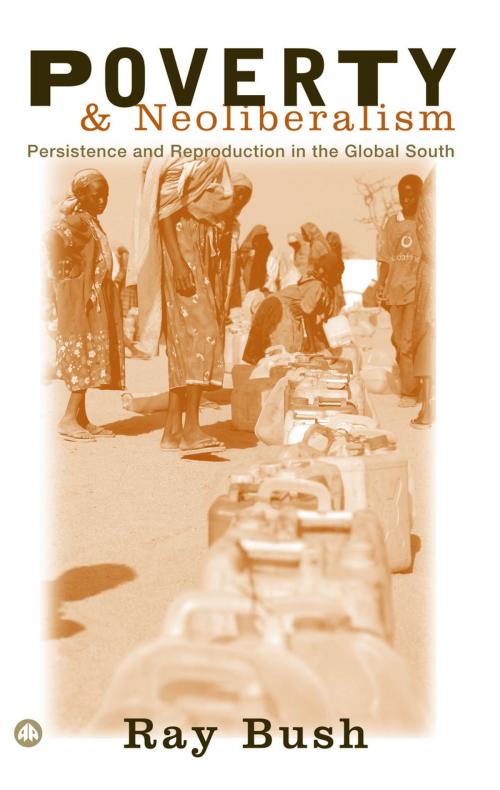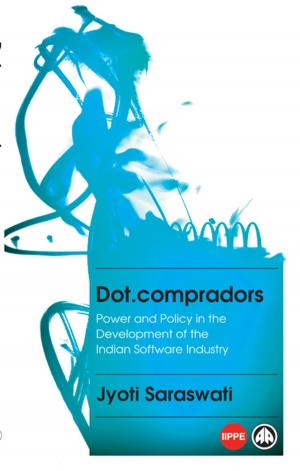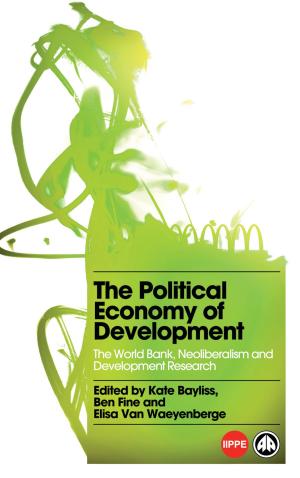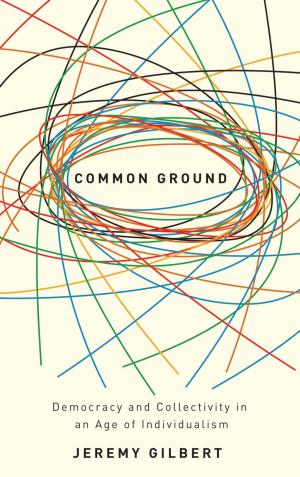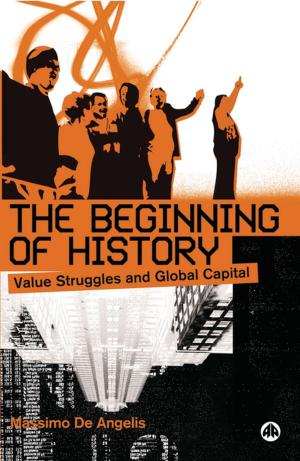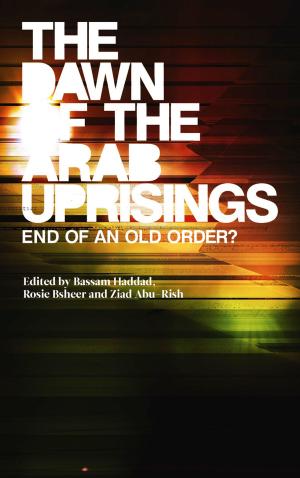Poverty and Neoliberalism
Persistence and Reproduction in the Global South
Nonfiction, Social & Cultural Studies, Social Science, Sociology, Political Science| Author: | Ray Bush | ISBN: | 9781783719341 |
| Publisher: | Pluto Press | Publication: | April 20, 2007 |
| Imprint: | Pluto Press | Language: | English |
| Author: | Ray Bush |
| ISBN: | 9781783719341 |
| Publisher: | Pluto Press |
| Publication: | April 20, 2007 |
| Imprint: | Pluto Press |
| Language: | English |
"This thoroughly researched book unveils the conceptual uses and abuses of 'poverty'. ... Ray Bush breaks new ground in the way we think about class and other social struggles in Africa."
Patrick Bond, Director, University of KwaZulu-Natal Centre for Civil Society, Durban, South Africa
"Bush explains eloquently and powerfully the persistence and deepening of poverty in Africa. Essential reading for those interested in African studies, imperialism and global justice."
John Loxley, Professor of Economics and Research Co-ordinator, Global Political Economy Program, University of Manitoba, Canada
"A hard-headed and systematic critique. ... Ray Bush's cogent and detailed analysis is one no student - and no 'anti-poverty' campaigner - will be able to ignore."
Colin Leys, Emeritus Professor at Queen's University, Kingston, Canada, and author of The Rise and Fall of Development Theory
"Truly refreshing and engaging. ... The book departs from the mainstream development discourse on poverty and inequality to offer a radical political economy alternative that is at once courageous, stimulating and thought-provoking. Every student of international political economy should read it." Adebayo Olukoshi, Executive Secretary, CODESRIA
Why do so many people worldwide suffer hunger and poverty when there is enough food and other resources globally to prevent it? This book shows how famine and food insecurity are an essential part of modern capitalism. Although trade, debt relief and development initiatives are important, they do not alter the structure of the global economy and the poverty that is created by processes like privatisation, trade liberalisation and market reform.
Despite the rhetoric of the World Bank and the G8, high levels of poverty actually sustain western wealth and power. But there is some hope for change. Using case studies from Egypt and North Africa, Nigeria, Sudan and elsewhere in sub-Saharan Africa, Ray Bush illustrates that there is resistance to neoliberal policies, and that struggles over land, mining and resources can shape real alternatives to existing globalisation.
"This thoroughly researched book unveils the conceptual uses and abuses of 'poverty'. ... Ray Bush breaks new ground in the way we think about class and other social struggles in Africa."
Patrick Bond, Director, University of KwaZulu-Natal Centre for Civil Society, Durban, South Africa
"Bush explains eloquently and powerfully the persistence and deepening of poverty in Africa. Essential reading for those interested in African studies, imperialism and global justice."
John Loxley, Professor of Economics and Research Co-ordinator, Global Political Economy Program, University of Manitoba, Canada
"A hard-headed and systematic critique. ... Ray Bush's cogent and detailed analysis is one no student - and no 'anti-poverty' campaigner - will be able to ignore."
Colin Leys, Emeritus Professor at Queen's University, Kingston, Canada, and author of The Rise and Fall of Development Theory
"Truly refreshing and engaging. ... The book departs from the mainstream development discourse on poverty and inequality to offer a radical political economy alternative that is at once courageous, stimulating and thought-provoking. Every student of international political economy should read it." Adebayo Olukoshi, Executive Secretary, CODESRIA
Why do so many people worldwide suffer hunger and poverty when there is enough food and other resources globally to prevent it? This book shows how famine and food insecurity are an essential part of modern capitalism. Although trade, debt relief and development initiatives are important, they do not alter the structure of the global economy and the poverty that is created by processes like privatisation, trade liberalisation and market reform.
Despite the rhetoric of the World Bank and the G8, high levels of poverty actually sustain western wealth and power. But there is some hope for change. Using case studies from Egypt and North Africa, Nigeria, Sudan and elsewhere in sub-Saharan Africa, Ray Bush illustrates that there is resistance to neoliberal policies, and that struggles over land, mining and resources can shape real alternatives to existing globalisation.
